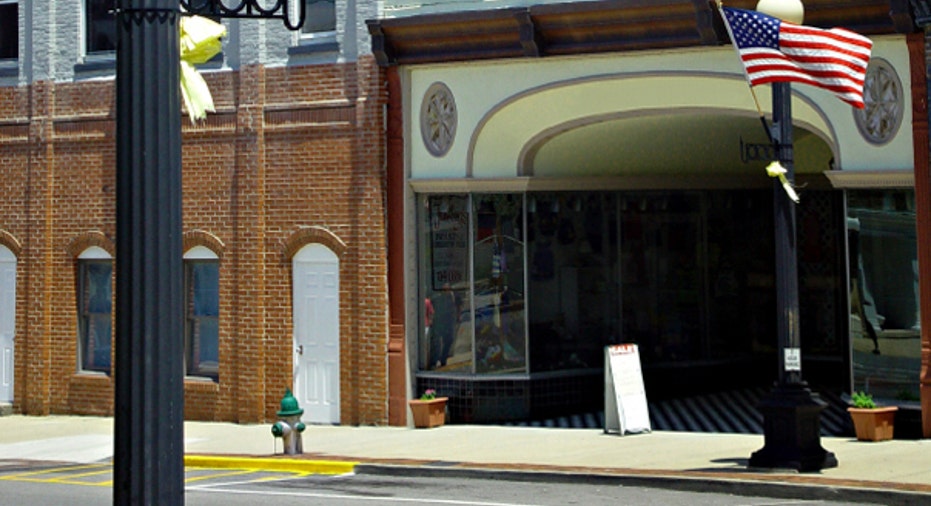If You Don’t Tax Them, They Will Come

Carol Long took advantage of her state's friendly business climate by opening up Parkway Restaurant in Rapid City, S.D., nearly 25 years ago -- and she hasn't looked back.
Aside from the physical beauty of Long's location, she appreciates the support she gets from her state's government as a small business owner.
"It's just a fair state with taxes," Long said. "Nobody has gotten the greedy end yet, I think that's why it’s a good place to live and work."
South Dakota has no income-based taxes, capital gains taxes or corporate income taxes, which is why it should come as no surprise that it was ranked as this year's best tax environment for small business owners, according to the Small Business & Entrepreneurship Council’s Business Tax Index for 2011.
The index, which ranks the 50 states plus the District of Columbia, pulls together 18 different tax measures and combines them into one tax score that allows them to be compared with one another. Among the taxes included are income, capital gains, property, death/inheritance, unemployment, and various consumption-based taxes, including state gas and diesel levies.
According to the 2011 index, the 10 best states for small businesses this year starting with the top were: South Dakota, Texas, Nevada, Wyoming, Washington, Florida, Alabama, Alaska, Ohio and Colorado.
The bottom 10 states, beginning with the worst were: the District of Columbia, Minnesota, New Jersey, New York, Iowa, Maine, California, Vermont, Hawaii and Rhode Island.
SBE Council Chief Economist Raymond Keating said many of the lowest-ranking states need to make substantive changes in their tax policy in order to be more inviting toward investors and small business owners.
"When you get down to those states at the bottom, they have to do so many things wrong to rank that poorly, and that is the problem," Keating said. "They're so far gone."
Even small changes like letting temporary tax surcharges in states like New Jersey, North Carolina and California, although attractive, were not enough to outweigh the negatives in those states, he said.
Illinois saw the largest drop on the index this year, according to Keating, which fell to 37 from 18 in 2010. The state passed a personal income tax increase of 66% to 5%, and corporate rates jumped 46% to 7%. Lawmakers passed the heavily-criticized measures to help ease the state’s budget deficit.
"They passed a huge tax increase, and that dragged them down big time," Keating said. "Government is looking for any way to try and close the gap in state budgets whether it makes sense or not."
On the flip side, states that ranked as the most business friendly remain competitive for attracting entrepreneurs due to their low tax rates.
"It’s a huge competitive advantage for them," Keating said.
Fatima Popal, owner of Café Bonaparte in Washington, D.C., since 2003, said the District's high food and drink tax, which currently sits at 10%, deters customers.
"It scares a lot of customers," Popal said. "They tend to tip out less, because that is a big chunk for them. Even if the service is great, they will probably tip lower. That hurts the staff as well."
The sales tax at 5.75% is also harmful to small business owners’ bottom line, she said, and is ironic in itself.
"The more you sell, the more you are taxed," Popal said. "It's always difficult."
Keating said he is hopeful that states which increased taxes for small business owners will see the error of their legislation, and work to become more business friendlys.
"There are states that recognize the impact taxes have on entrepreneurs, but too often it's very short-sighted and they are just looking to plug some gaps," he said.



















